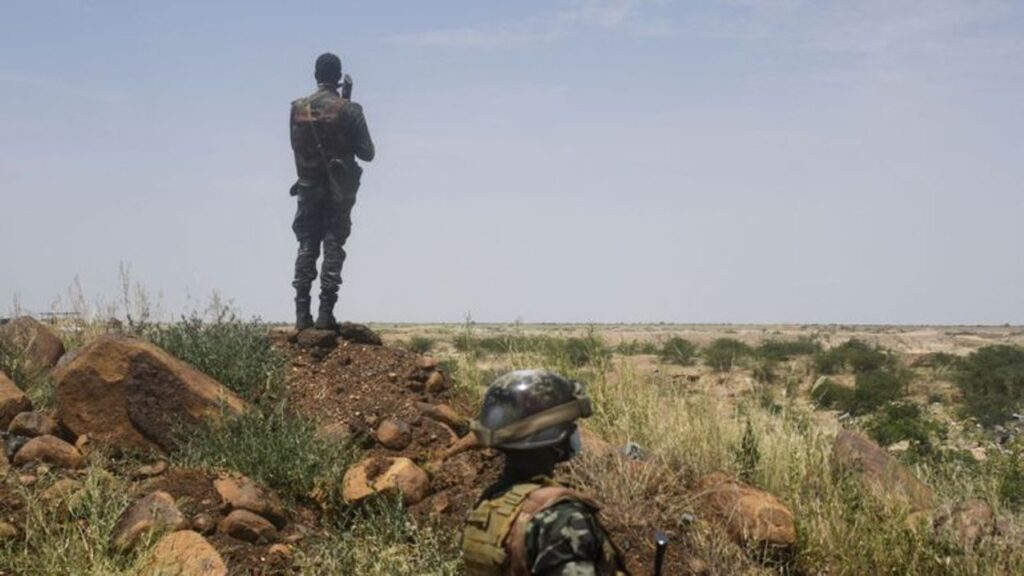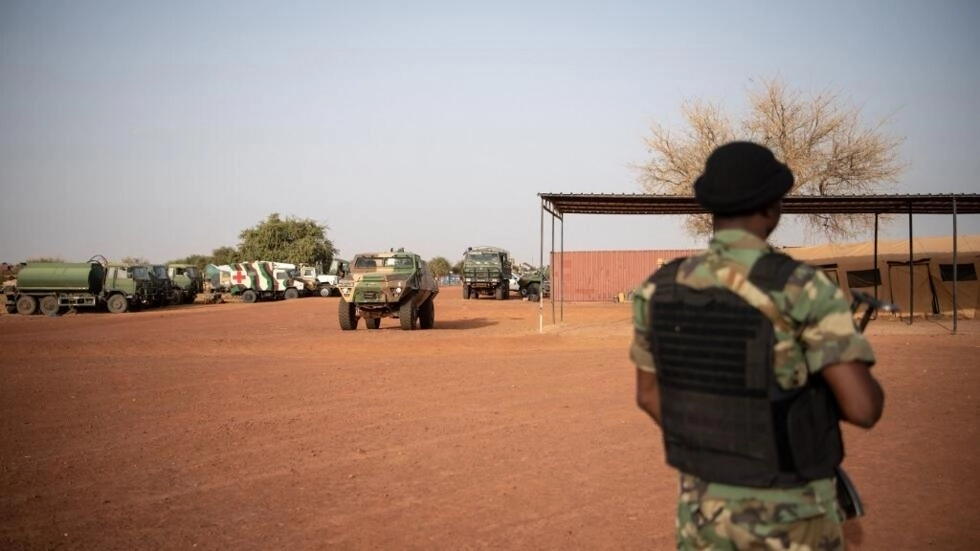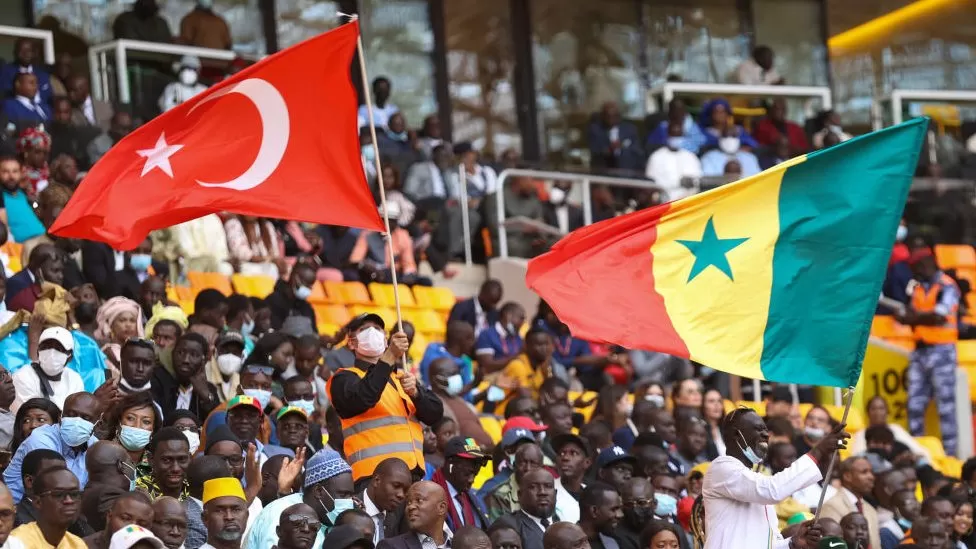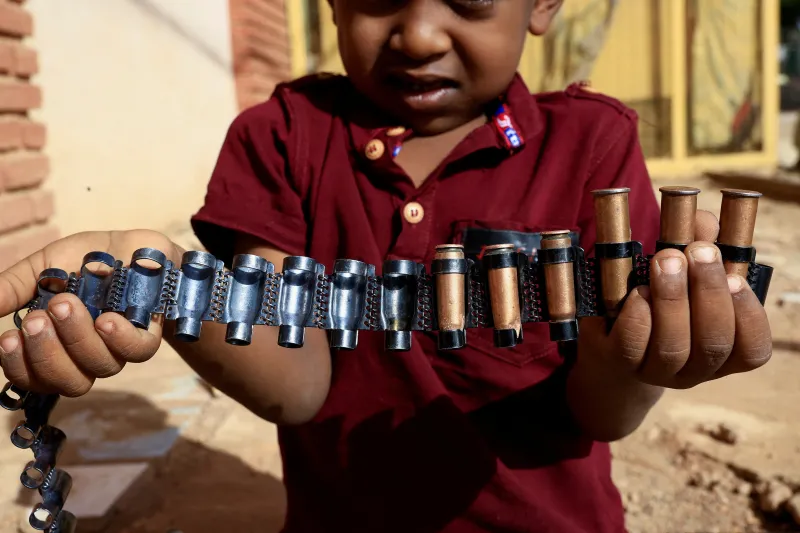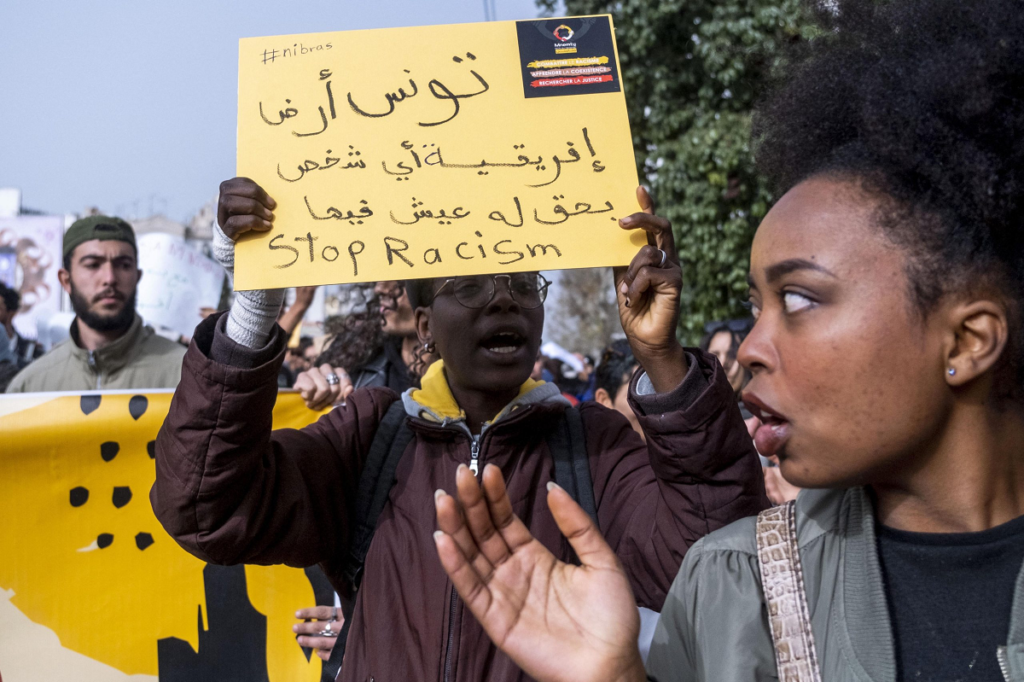Russia’s Wagner Group accused of using rape and mass-murder to control an African gold mining town

Russia’s Wagner mercenary group has again claimed control of the contested Ukrainian city of Bakhmut — a claim yet again denied by Kyiv, which says its forces are still fighting southwest of the industrial town and advancing around its flanks. The dense fog of war makes it difficult to determine whether one of the longest and bloodiest battles of the Ukraine war has really come to an end.


